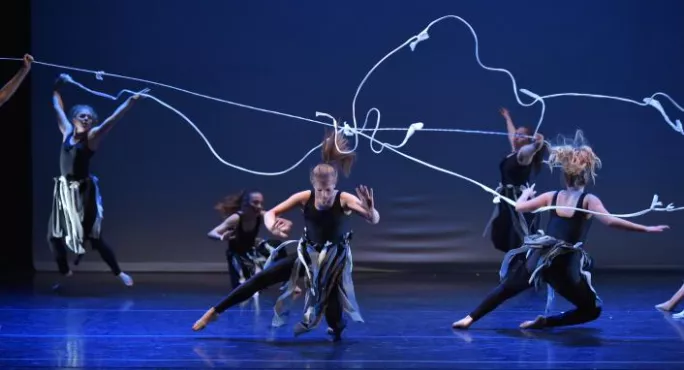Schools have been trying to boost English Baccalaureate entry rates by spending less time on the rest of the curriculum or offering non-EBacc subjects in “after-school sessions”, government-commissioned research reveals.
The study for the Department for Education by ASK Research also shows that some schools offer subjects outside the EBacc "through enrichment", and that they are not necessarily studied to GCSE.
Mary Bousted, joint general secretary of the NEU teaching union, said the findings strengthened the case for scrapping the EBacc performance measure.
Opinion: 'We need an arts premium in schools'
Quick link: Ofsted rows back on judging schools' EBacc progress
Quick link: Nine in 10 heads struggle with EBacc recruitment, DfE data shows
The EBacc measures the number of pupils entering GCSEs in: English language and literature; maths; sciences; geography or history; and a language.
EBacc 'pushes the curriculum out of shape'
The government wants to have 75 per cent of pupils studying for these GCSEs by 2022, and 90 per cent by 2025.
The researchers looked at 30 schools rated "good" or "outstanding" by Ofsted that had increased their EBacc entry rates by 40 percentage points or more between 2011 and 2017
Schools said they supported pupils who found EBacc subjects more difficult by giving them more time on those subjects.
And to balance these "competing demands on time", some schools were "allocating less curriculum time to non-EBacc subjects by having them taught for all students a term at a time or offering them through enrichment or after-school sessions, and not necessarily studied to GCSE".
Another options was "extending the school day for all in order to incorporate longer lesson times and/or more time for EBacc subjects".
And some schools had chosen to offer compulsory RE, PE and personal, social, health and economic education (PSHE) "in more creative ways, including as extracurricular activities, during tutor time or ‘intensive’ days, or within other subjects".
There have long been warnings raised about the threat to arts subjects from the time needed for the EBacc.
Dr Bousted said: “This DfE research shows what everyone except [schools minister] Nick Gibb knows. [The EBacc] pushes the curriculum out of shape and it is pure stubbornness to believe that is not the case.
“Children need to be guided to sensible subject choices but EBacc is a straitjacket. If it results in more work for teachers – who are already overworked – and more exam stress for children, then it is just a lose-lose all round. I think it should be scrapped and that is a view shared by many others.”
But the study does find that the “shift to compelling more pupils to study the full range of EBacc subjects" is being balanced in schools "with ways to increase pupil engagement, enthusiasm and achievement”.




